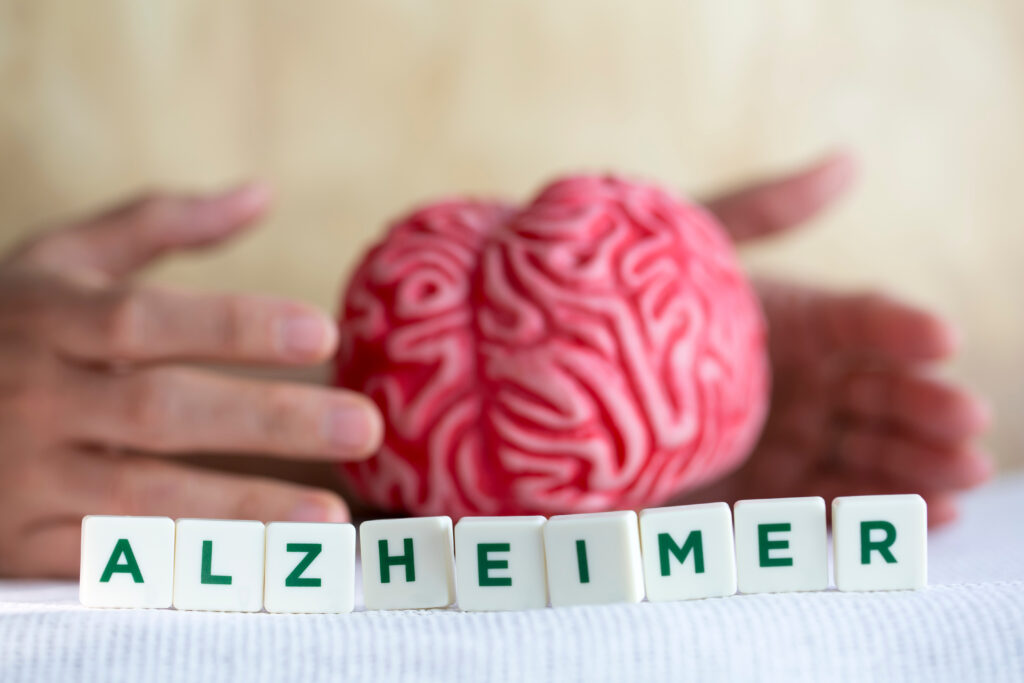**Addressing Sleep Apnea in Alzheimer’s Patients: A Simple Guide**
Sleep apnea is a common condition where a person stops breathing for short periods during sleep. It can be particularly concerning for people with Alzheimer’s disease, as it may worsen their symptoms and increase the risk of dementia. Here’s a straightforward guide on how to address sleep apnea in Alzheimer’s patients.
### Understanding Sleep Apnea
Sleep apnea occurs when the airway temporarily closes, causing a person to gasp for air. This can disrupt normal sleep patterns and reduce oxygen flow to the brain. For people with Alzheimer’s, this can lead to further cognitive decline and increased risk of dementia.
### Identifying Sleep Apnea
To identify sleep apnea, healthcare providers often use a sleep study, which involves monitoring a person’s breathing and oxygen levels during sleep. Common symptoms include:
– **Loud Snoring**: A loud, persistent snore can be a sign of sleep apnea.
– **Daytime Fatigue**: Feeling tired or groggy during the day, even after a full night’s sleep.
– **Morning Headaches**: Waking up with headaches due to poor sleep quality.
– **Difficulty Concentrating**: Struggling to focus or pay attention.
### Treating Sleep Apnea
Fortunately, sleep apnea is a treatable condition. Here are some common treatments:
1. **Continuous Positive Airway Pressure (CPAP) Therapy**: This is the most common treatment for sleep apnea. A CPAP machine delivers a steady stream of air pressure through a mask that covers the nose and sometimes the mouth, keeping the airway open.
2. **Oral Appliances**: These are custom-made devices that fit into the mouth to help keep the airway open. They can be more comfortable than CPAP machines for some people.
3. **Lifestyle Changes**: Losing weight, avoiding alcohol and sedatives before bedtime, and sleeping on your side instead of your back can help reduce the severity of sleep apnea.
4. **Surgery**: In some cases, surgery may be necessary to remove excess tissue in the throat or to correct anatomical issues that cause the airway to close.
### Managing Alzheimer’s Symptoms
While treating sleep apnea is crucial, it’s also important to manage Alzheimer’s symptoms. Here are some tips:
1. **Encourage Physical Activity**: Regular exercise can help improve cognitive function and overall health.
2. **Promote Social Interaction**: Social engagement can help reduce stress and improve mood.
3. **Use Memory Aids**: Tools like calendars, reminders, and memory books can help with daily tasks and remembering important events.
4. **Provide a Safe Sleep Environment**: Ensure the bedroom is dark, quiet, and at a comfortable temperature to promote better sleep.
5. **Monitor Medication**: Some medications can interfere with sleep. Work with a healthcare provider to find the right balance of medications that won’t disrupt sleep.
### Conclusion
Addressing sleep apnea in Alzheimer’s patients is crucial for improving their quality of life and reducing the risk of dementia. By identifying the condition, using appropriate treatments, and managing Alzheimer’s symptoms, caregivers and healthcare providers can make a significant difference. Remember, every small step towards better sleep and overall health can have a positive impact on those affected by Alzheimer’s disease.


